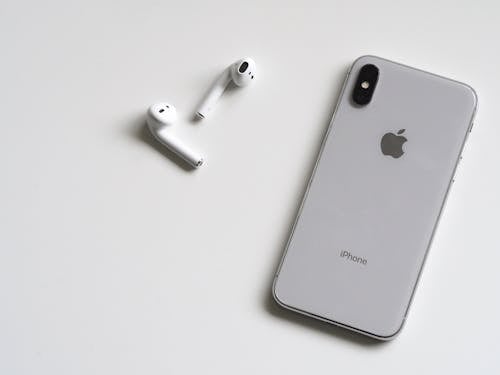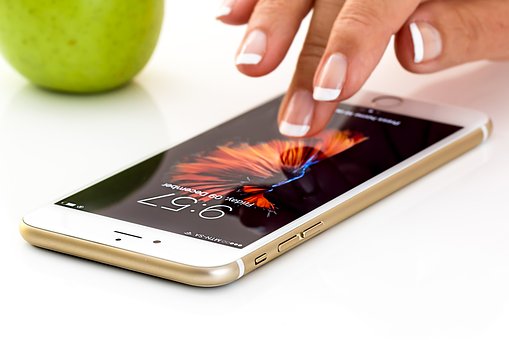If you notice that your child is spending too much time on their cell phones, it might be an indication that they are close to being addicted, or they may be struggling with phone addiction already.
Even though phones are beneficial for your child’s use, you can set some measures in place to manage screen time addiction.

Here are some tips to get you started
Teach them about addiction
Talk to your children about the fundamentals of addiction, and teach them how they can even get addicted to their phones if they are not careful.
Show them the pros and cons of phone addiction so that they will understand that while cell phones have their benefits, the downsides can be devastating.
Set boundaries for them
Another way to prevent phone addiction is to set healthy boundaries that will limit screen time. For instance, you can allow them to use their phones for a short time during the week when they are in school. Then you can give them more time to use their phones during weekends.
Teach them other healthy activities
You can teach your child healthy activities to replace phone addiction. Encourage them to learn a skill, learn how to play an instrument, cook together, go swimming or hiking, etc. When they spend time on other profitable activities, it reduces screen time for them.
Encourage them to use the internet to learn
It is important to let your child know that using the internet the right way can make them better than their peers.
Teach your children how to use the internet for research so that they can stand out among their colleagues. Early exposure to the good sides of the internet can pan out well for your child in the long run.
While you try to set some boundaries and limits to control cell phone addiction, talk to your child’s teacher and other trusted adults to keep an eye out for you. Also, draw closer to your child so that you can have an idea of all their activities.




